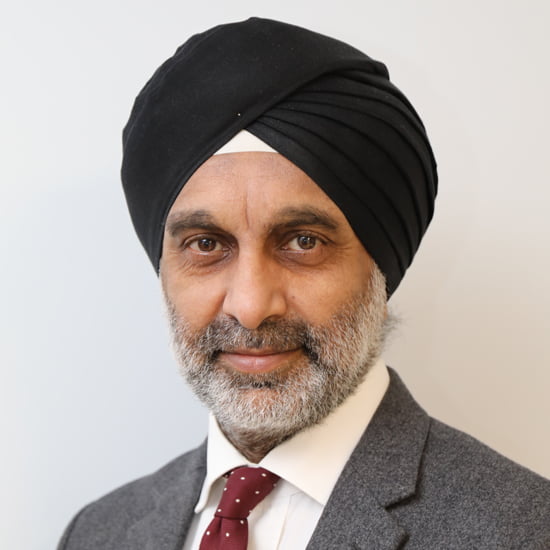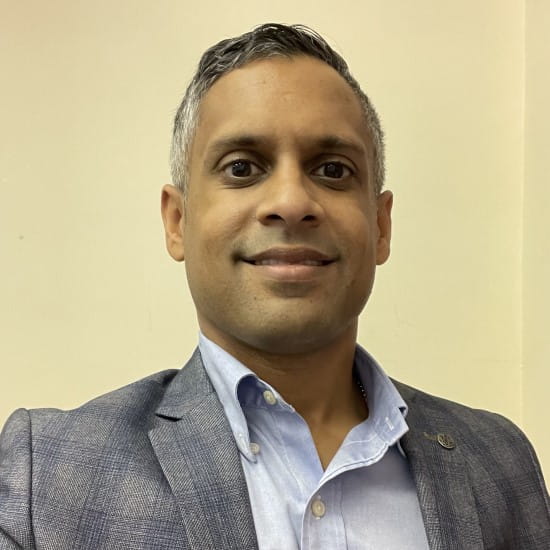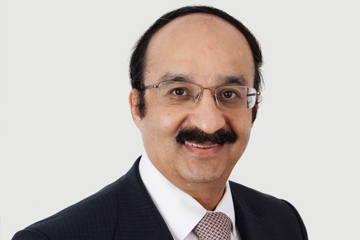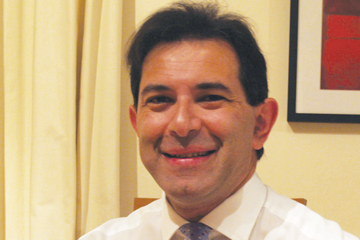Gastroenterology
At Cromwell Hospital, we provide comprehensive, expert-led care for the treatment of gastroenterological conditions such as inflammatory bowel disease, acid reflux, and cancer.
About gastroenterology
You might visit a gastroenterologist if you’re having problems with your digestive system. This includes your stomach and intestines, as well as your liver, gallbladder, biliary tree, and pancreas (which are called biliary organs).
Common symptoms that people with gastroenterological problems have include stomach pain, indigestion, diarrhea, nausea, and vomiting.
When you visit us, your consultant will take your symptoms and medical history before advising on the most appropriate diagnostic tests. We carry out all diagnostic tests onsite, with a quick turnaround of results.
Digestive system conditions are often complex, so our gastroenterologists work alongside experts in other specialties to provide a holistic approach to your care.
We also offer a rapid-access bowel care diagnostic pathway, which enables patients to see a consultant, undergo the necessary tests, and receive a diagnosis in the shortest possible time.
Gastroenterology conditions
We treat a range of gastroenterological conditions, including but not limited to:
- cancer, including bowel cancer and colorectal cancer
- inflammatory bowel disease (IBD), including Crohn's disease and colitis
- heartburn and acid reflux
- irritable bowel syndrome (IBS)
- Barrett's oesophagus
- hepatitis
- cirrhosis
- pancreatitis
- haemmorhoids
- gallstones
- coeliac disease
- nutrition and food intolerances
Gastroenterology services
At Cromwell Hospital, we provide a range of diagnostic and therapeutic gastroenterological procedures, delivered all under one roof at our state-of-the-art hospital.
Endoscopy procedures will be carried out in our purpose-built suite, which is equipped with the latest facilities including video endoscopy.
Some procedures – like gastroscopy, ERCP, or colonoscopy – may be used for both diagnostic and treatment (therapeutic) purposes. If your consultant identifies a problem during your diagnostic procedure, they may decide it would be appropriate to treat you there and then.
At Cromwell Hospital, our rapid-access bowel care diagnostic pathway aims to identify the signs of bowel cancer as early as possible.
We provide next-day appointments and diagnostic tests, and our specialists will often be able to diagnose you during your initial consultation. Once diagnosed, you will receive a tailored treatment plan, delivered by world-leading consultants at our central London hospital.
Capsule endoscopy is a non-invasive procedure that provides your gastroenterologist with images from inside your digestive tract.
It involves swallowing a small capsule which contains a tiny, wireless camera. As the camera travels through your digestive system, it captures and transmits images to a data recorder, which is a device worn externally on a belt around your waist.
Colonoscopy is a minimally invasive procedure used to assess and treat problems within your large intestine (colon) and rectum.
You might have a colonoscopy to understand the cause of bowel symptoms such as blood in your stool (poo), diarrhea and constipation, or unexplained weight loss.
The procedure is carried out using a colonoscope, which is a thin, flexible tube fitted with a small light and video camera. The camera sends detailed images of your lower gastrointestinal system back to a monitor, where they are viewed by your gastroenterologist or specialist nurse. You may have a tissue sample (biopsy) taken during the procedure, which will be sent to a lab for testing.
During the procedure, your gastroenterologist can also remove polyps, stop bleeding, or stretch out a narrowed area known as a stricture.
An ERCP – which stands for endoscopic retrograde cholangiopancreatography – is a minimally invasive procedure that uses X-rays and an endoscope to assess and treat problems in the liver, gallbladder, bile ducts, and pancreas.
The procedure is carried out using an endoscope, which is a thin, flexible tube fitted with a small light and video camera. A contrast dye is injected through the endoscope to improve the visualisation of the X-ray. You may have a tissue sample (biopsy) taken during the procedure, which will be sent to a lab for testing.
During the procedure, your gastroenterologist can also open blocked ducts, remove stones or tumours, or insert a stent (a small tube that holds open blocked bile or pancreatic ducts).
A flexible sigmoidoscopy is a minimally invasive procedure used to examine the sigmoid colon, which is the lower part of the large intestine.
A flexible sigmoidoscopy may be used to remove polyps or haemorrhoids (swollen veins in your rectum and anus). It is also used as a screening test for colon cancer and rectal cancer.
The procedure is carried out using an endoscope, which is a thin, flexible tube fitted with a small light and camera. The camera sends detailed images of your sigmoid colon back to a monitor, which is viewed by your gastroenterologist or specialist nurse.
You may have a tissue sample (biopsy) taken during the procedure, which will be sent to a lab for testing.
A gastroscopy is a minimally invasive procedure used to assess and treat problems in your oesophagus (food pipe), stomach, and the first part of your small intestine (duodenum). It is a type of endoscopy, so you may also hear it referred to as an upper endoscopy.
The procedure is carried out using an endoscope, which is a thin, flexible tube fitted with a small light and camera. The camera sends detailed images of your upper gastrointestinal system back to a monitor, which is viewed by your gastroenterologist or specialist nurse. You may have a tissue sample (biopsy) taken during the procedure, which will be sent to a lab for testing.
The procedure may also be carried out to treat stomach ulcers or oesophageal bleeding, or to remove benign (non-cancerous) growths in the oesophagus.
By combining a gastroscopy and colonoscopy, your consultant is provided with detailed images of both your upper and lower gastrointestinal system, allowing them to assess and treat any problems. You may have a tissue sample (biopsy) taken during the procedure, which will be sent to a lab for testing.
A haemorrhoidectomy is a surgical procedure to remove haemorrhoids, also known as piles. Haemorrhoids are swollen veins in or around the anus and lower rectum, which are often painless but may cause health complications.
Your gastroenterologist may recommend you undergo diagnostic imaging, such as:
- CT scan
- MRI scan
- PET scan
- ultrasound
Unexplained gastrointestinal symptoms, such as stomach pain or reflux, can be worrying. Unfortunately, patients with non-specific symptoms are more likely to experience delays in diagnosis and poorer health outcomes.
The non-specific symptoms pathway at Cromwell Hospital provides rapid assessment and diagnostic tests for patients experiencing such symptoms.
Paying for your treatment
We welcome both self-paying and insured patients.
Self-pay patients
We offer several ways for patients to self-pay, including pay-as-you-go and self-pay packages.
Insured patients
At Cromwell Hospital, we accept private health insurance from most major providers, including AXA, Aviva, Bupa, and Vitality.
Our locations
Please note, Basinghall Clinic may not provide all the services listed on this page.

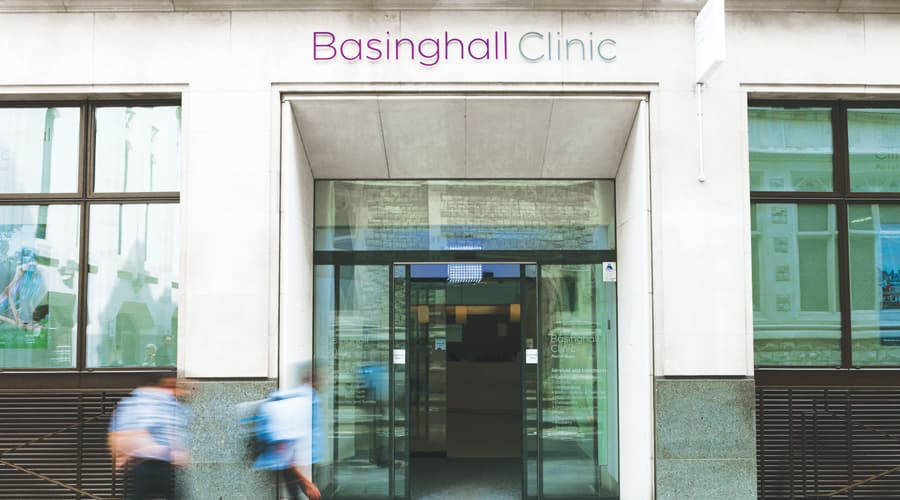
Contact us today
Our team will be happy to answer any questions and book your appointment.
Self-pay: +44 (0)20 7244 4886
Insured: +44 (0)20 7460 5700
Private gastroenterologists in London
Showing 1-6 of 16
Book an appointment today
Call us now for appointment bookings, general queries, and personalised quotes.
Alternatively, you can contact us using our online form.

